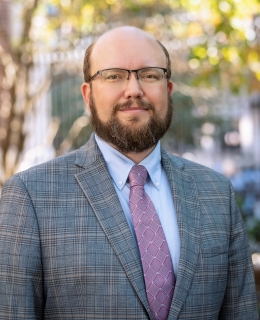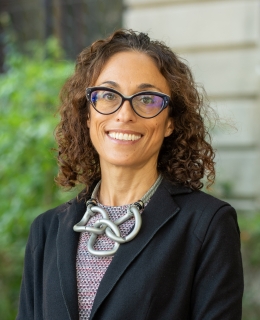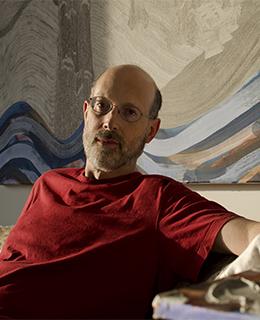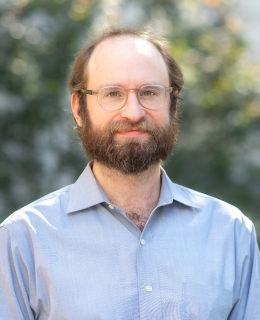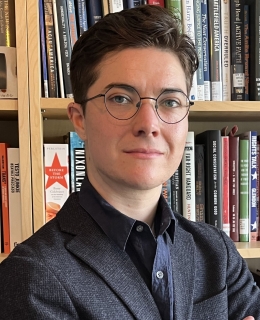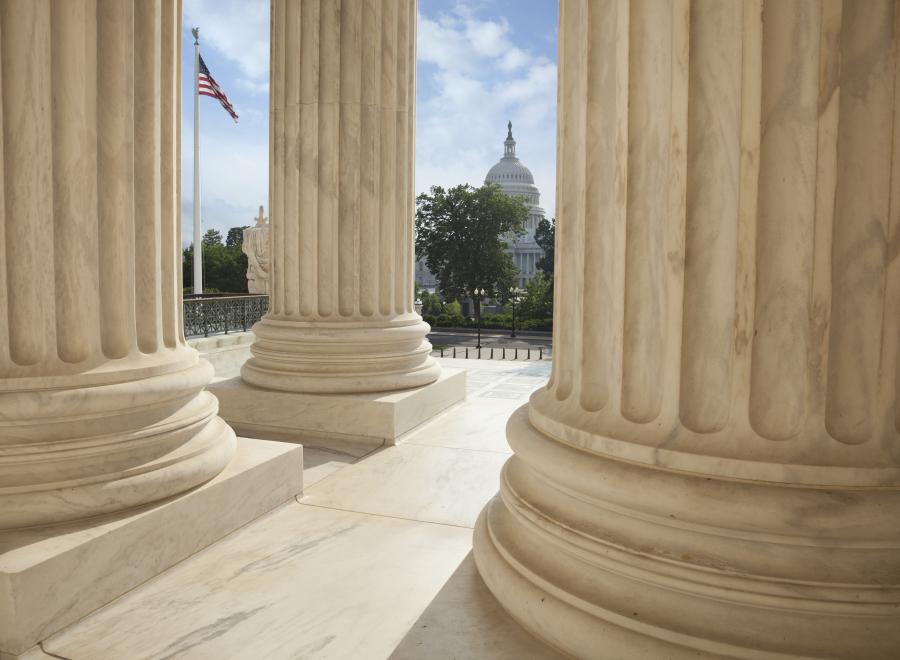Legal history enriches our understanding of the law, enhancing our grasp of current problems and empowering us to imagine new alternatives. Scholars examine how legal ideas, doctrines, and institutions change over time, exploring how they shape and are shaped by social, cultural, political, and economic contexts. Legal historians are guided by figures like judges and legislators as well as ordinary people, who give voice to their own ideas of what the law is and should be.
How do the history and evolution of the law shape modern systems of justice?
Legal history occupies a central place in the intellectual life of the Law School. All students benefit from the Law School’s rich and varied curriculum in legal history, whether they are seeking to round out their education or pursuing more in-depth interdisciplinary investigation. In recent years, the Law School’s commitment to build on its tradition of excellence in legal history has yielded one of the most promising and distinguished legal history faculties in the country.
Why Columbia?
Study the history of law and legal institutions through a broad range of courses on topics such as American legal history, English legal history, the legal history of American slavery, the history of the American bail system, the constitutional history of American empire, the history of criminal law and justice, the legal history of civil liberties, and more. See related courses.
Participate in the Legal History Workshop, where faculty and students read and discuss works-in-progress by scholars from within and outside Columbia University.
Explore Columbia’s historical collections, including rare legal materials and archival collections located both in the Law School’s Arthur W. Diamond Law Library and in libraries across the university.
Learn from the Law School's faculty of experts, who have a deep knowledge of legal history and related areas, and expand your understanding by taking courses with outstanding faculty in history at Columbia University.
“The study of legal history broadens and deepens our grasp of the role of law in our lives by situating it in lived experience over time. I took up the study of legal history because I was interested in the past and found that it transformed my understanding of the present.” —Christina D. Ponsa-Kraus, George Welwood Murray Professor of Legal History



